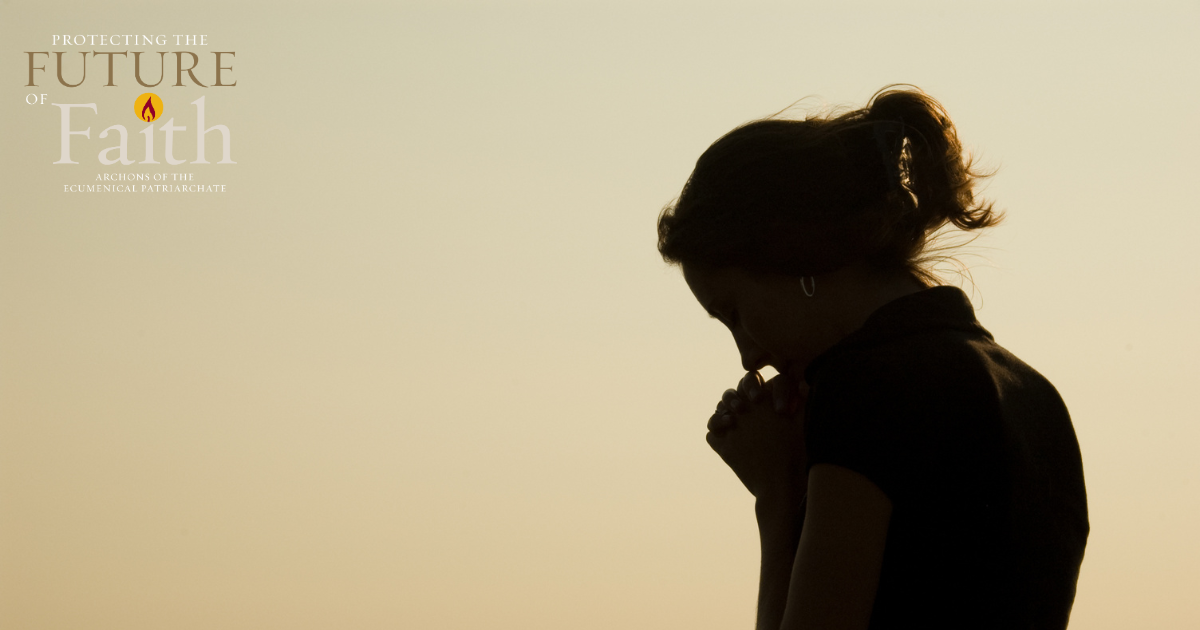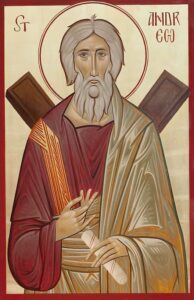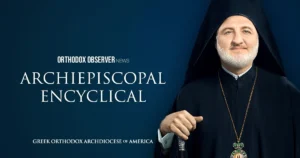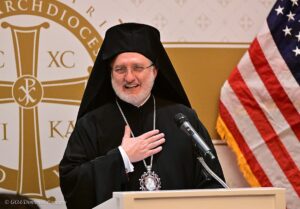Every person of faith knows that the journey of faith is not always easy.
Christians are aware that Jesus Himself warned believers against thinking that living a life of faith was an easy choice: “Enter by the narrow gate; for the gate is wide and the way is easy, that leads to destruction, and those who enter by it are many. For the gate is narrow and the way is hard, that leads to life, and those who find it are few.” (Matthew 7:13-14) One of the ways in which the journey of faith is hard is that people of faith are often beset by doubt.
This happens even to some of the most renowned people of faith who ever lived. Mother Theresa of Calcutta, who is revered as a saint in the Roman Catholic Church and is an example for millions of the power of faith, suffered through lengthy periods of scorching and tormenting doubt. She wrote: “I call, I cling, I want, and there is no one to answer, no, no one. Alone. Where is my faith? Even deep down…there is nothing…I am told God loves me, and yet the reality of the darkness and coldness and emptiness is so great that nothing touches my soul.”
Yet Mother Theresa persevered in faith, hoping in the God whom she knew was there amid her darkness and coldness and emptiness, and she prevailed. The Jewish scholar Julia Andelman asks: “Is doubt really a bad thing? Or, is doubt potentially healthy and productive for one aspiring to faith? From the biblical Moses to Moses Maimonides, some of our greatest leaders have wrestled with faith. Maybe being a person of faith goes hand in hand with being a person of doubt.”
Andelman points out that “some of our earliest texts seem to take for granted the phenomenon of failing to find God. We see this in the Psalms. ‘My God…why have you forsaken me? Why are you so far from helping me, from the words of my call?…I cry…but you do not hear’ (22:2-3).” She concludes that the Bible seems to understand a despairing, futile search for God as a commonplace, even fundamental, human experience.”
While many people of faith who experience periods of doubt are tormented at the same time by guilt over the very fact that they’re having doubts, doubt is not the enemy of faith, or the end of faith. The Islamic Yaqeen Institute states: “Not all doubts are bad, and some can even be rewardable.” In the Christian tradition, believers are encouraged to study so as to be ready to answer questions from those who deny their faith: “Always be prepared to make a defense to any one who calls you to account for the hope that is in you, yet do it with gentleness and reverence.” (I Peter 3:15)
This involves not denying that doubts can occur to a believer, or running away from those doubts, but confronting them honestly and openly, and allowing them to lead us to a deeper and fuller understanding of our faith. Individuals who struggle with their faith can profit from a study of their faith’s foundations, and from becoming acquainted with the common objections to their faith, and the responses to those objections.
At the same time, people of faith must avoid the temptation of reducing the experience of faith to a series of rational propositions to be defend with logical arguments. Believers who experience doubts should not be afraid, or assume that their search for the divine is hopeless and will always be fruitless. They should also bear in mind that faith is not a matter of rational argumentation, although it is by no means irrational; it is suprarational, beyond rationality, and thus not easily quantifiable in intellectual categories.
People of faith who see others in their communities struggling with doubts can help by being supportive to the one who is suffering from doubts, reassuring the doubter that it is no sin or moral defect to have doubts, and answering questions as well as possible. Above all, people of faith need to lend their spiritual support to doubters, praying for them and helping them experience the blessings of a life of faith that are available to those who are willing to say yes to the divine and take the leap of faith.
Often doubts can be overcome by introducing the doubter to the deep wisdom that can be found in faith traditions, wisdom that makes sense of our existence in ways that have sustained human beings all over the world from time immemorial. As God says: “My word…that goes forth from My mouth…shall not return to Me empty.” (Isaiah 55:11) It never does.








